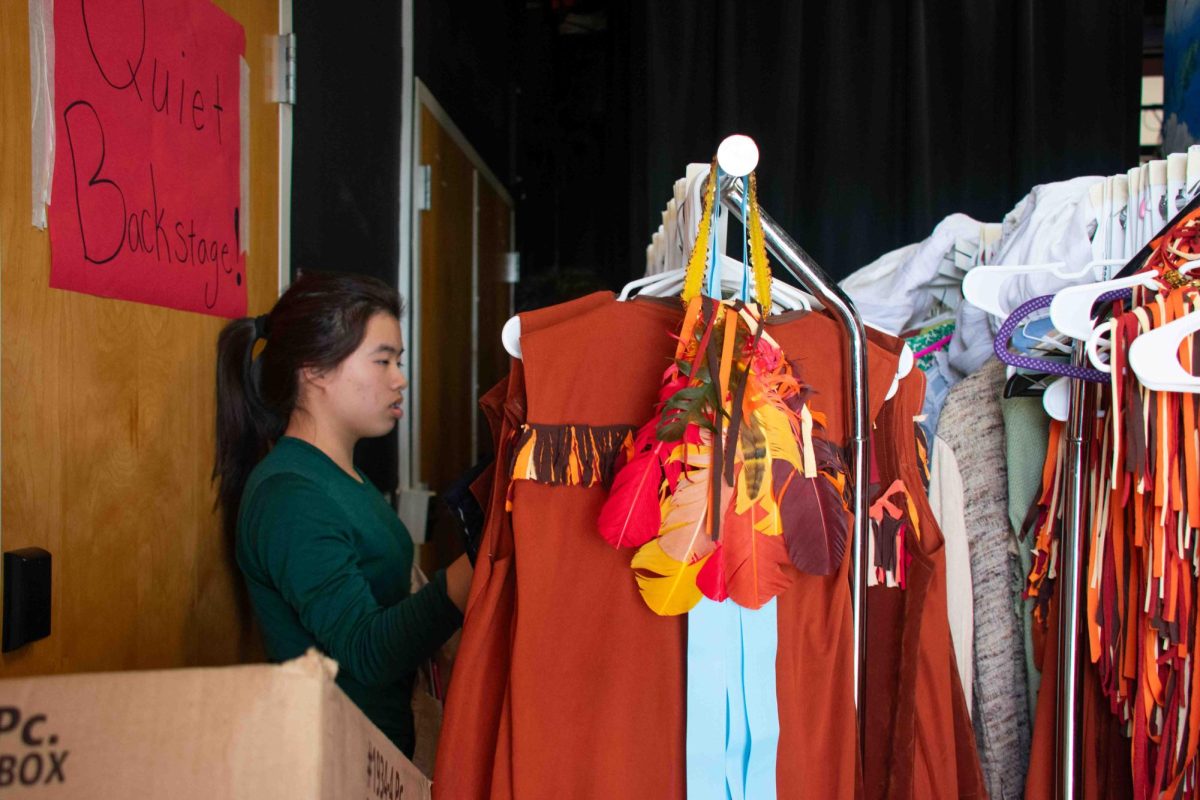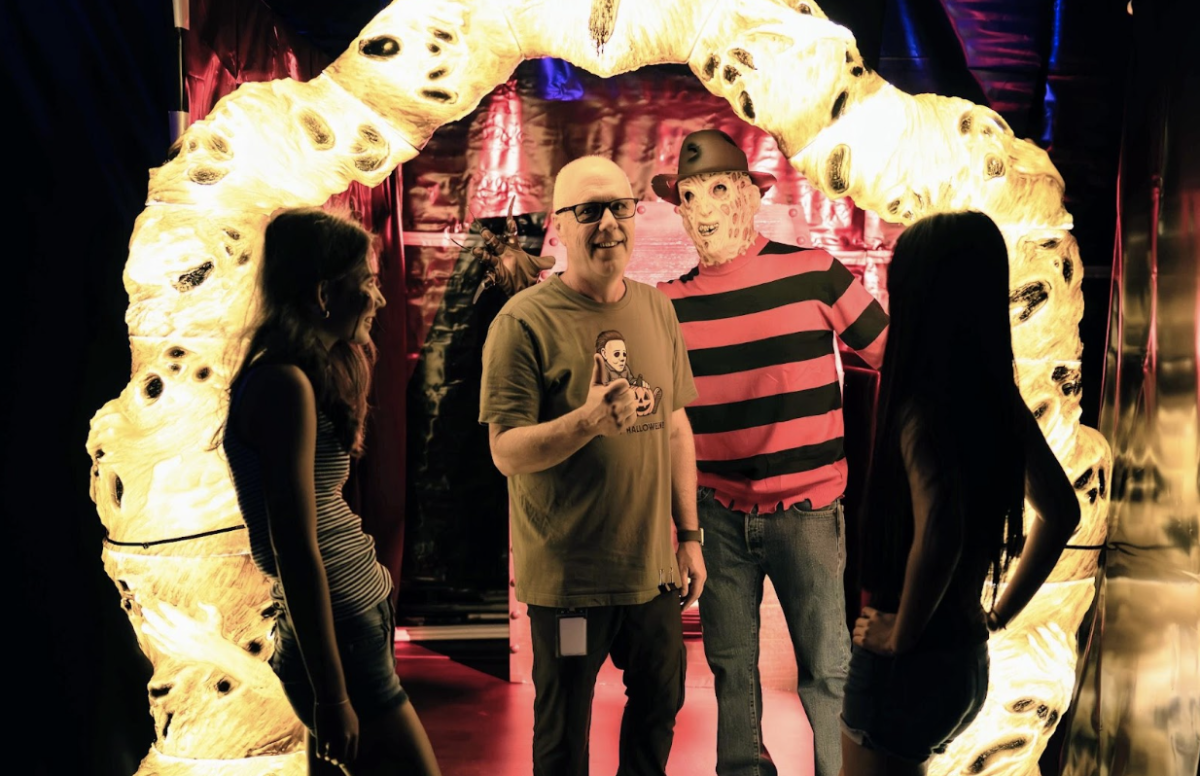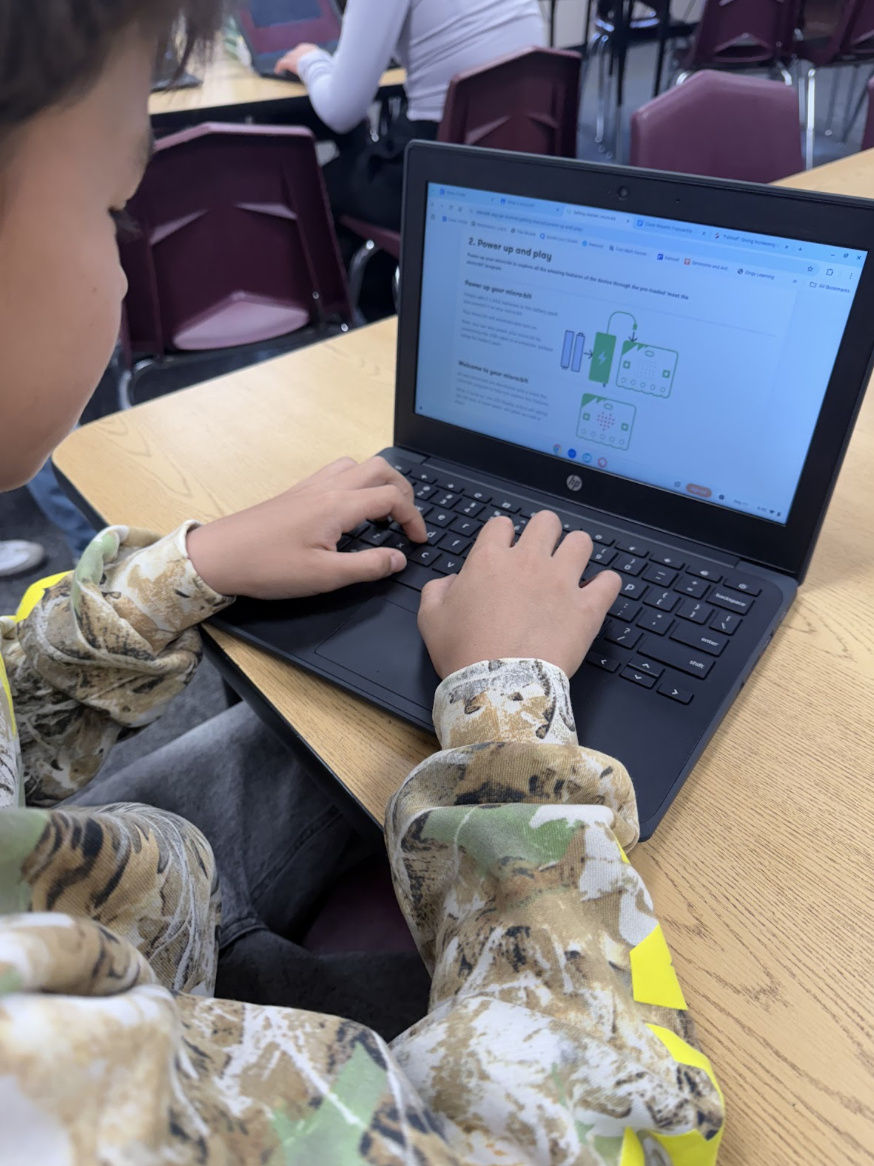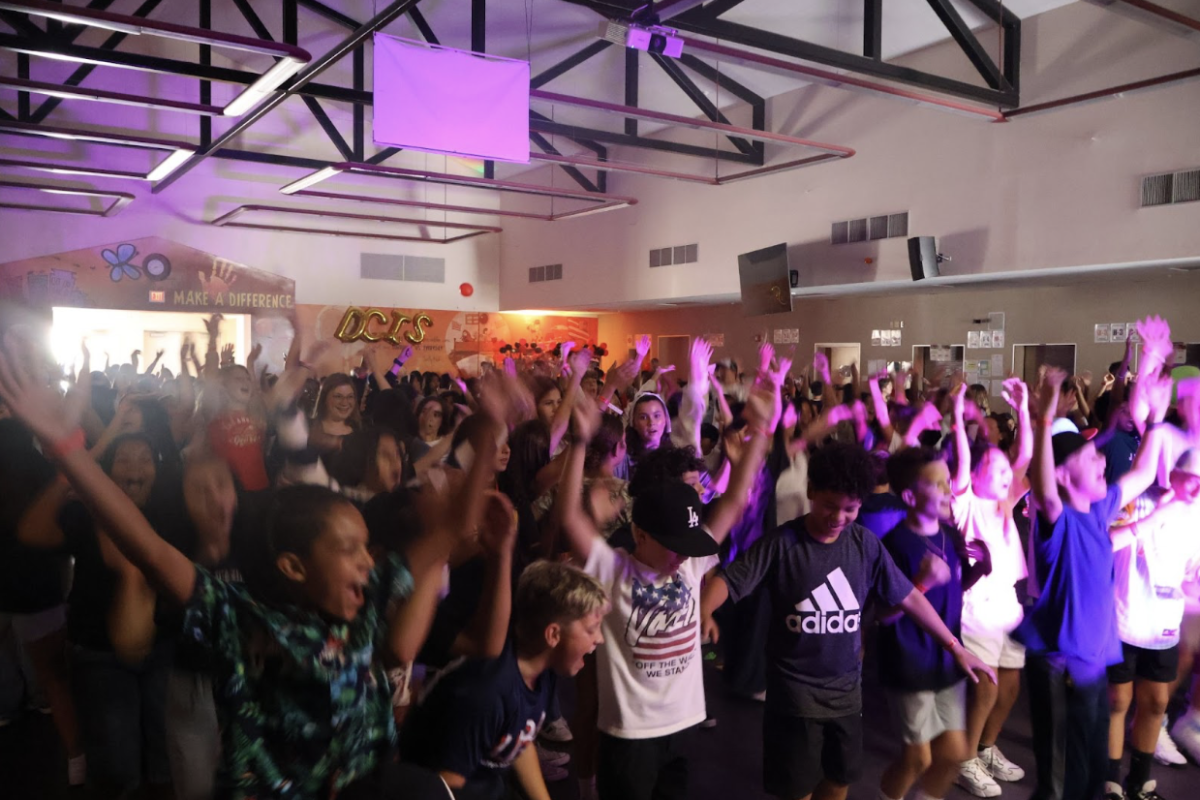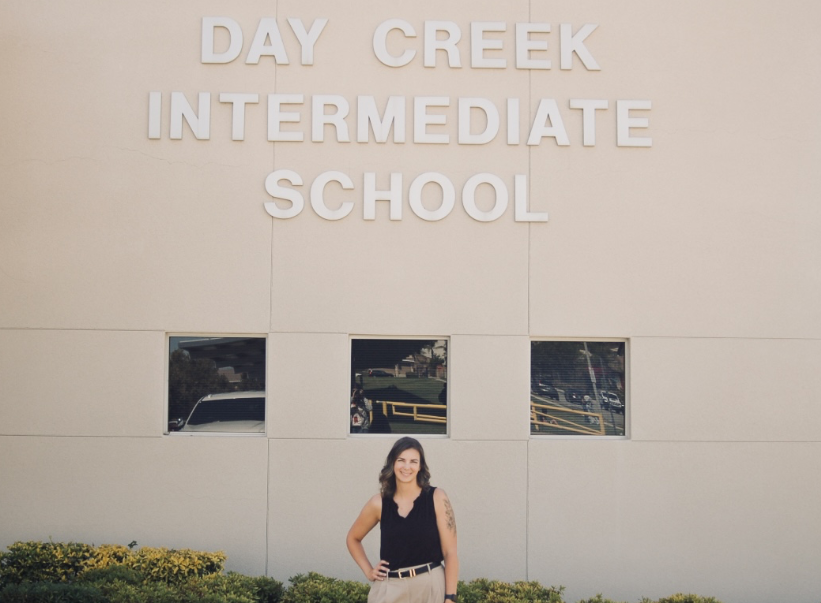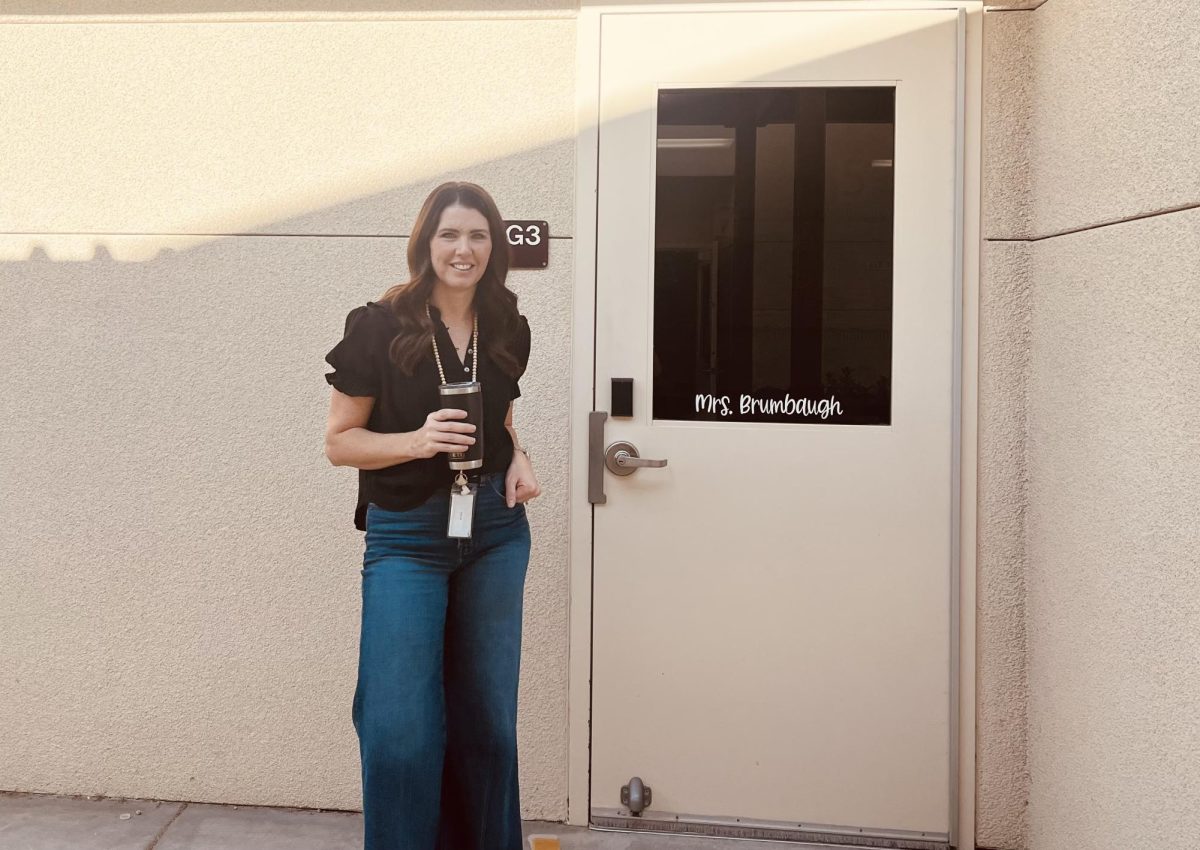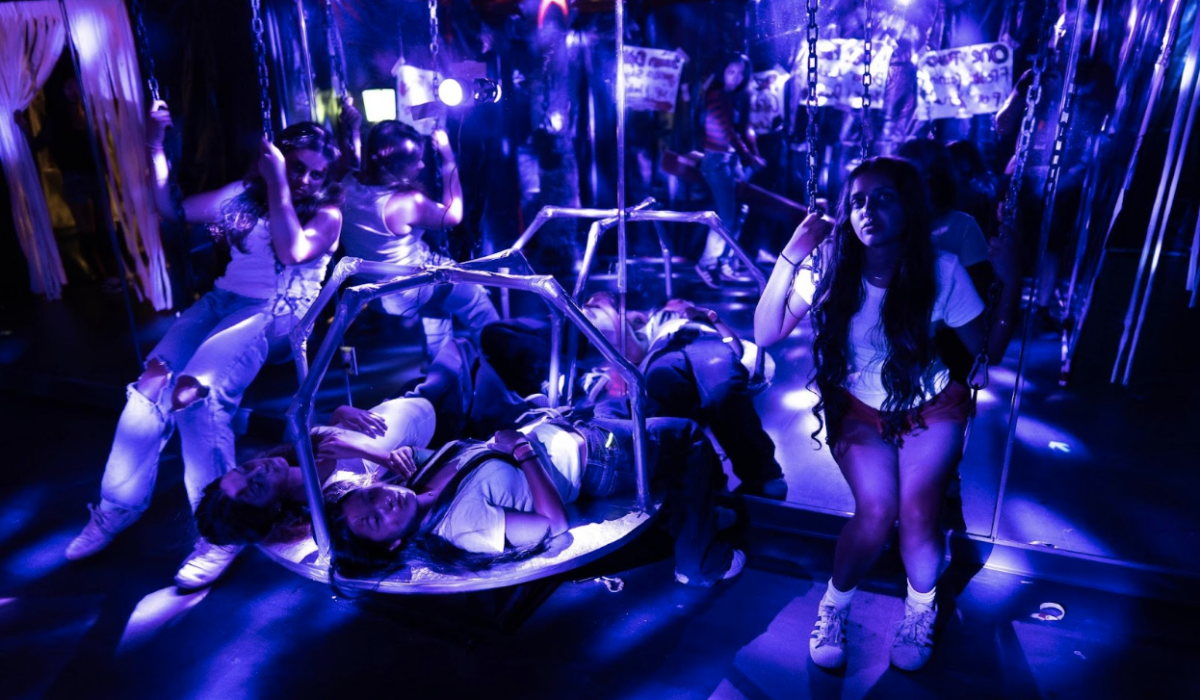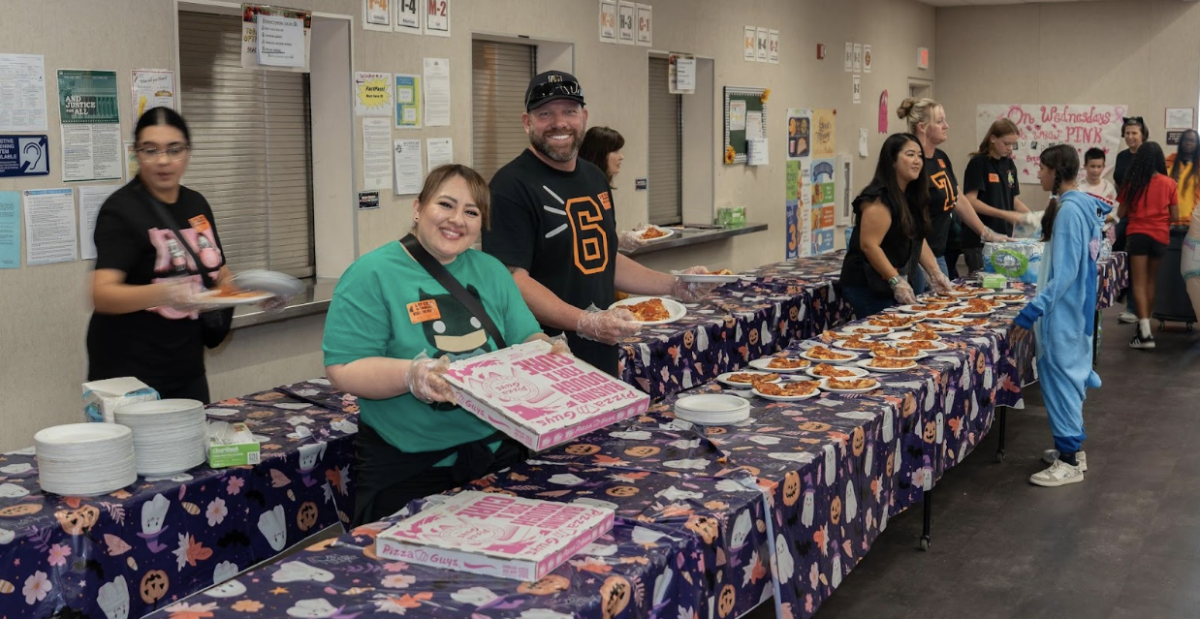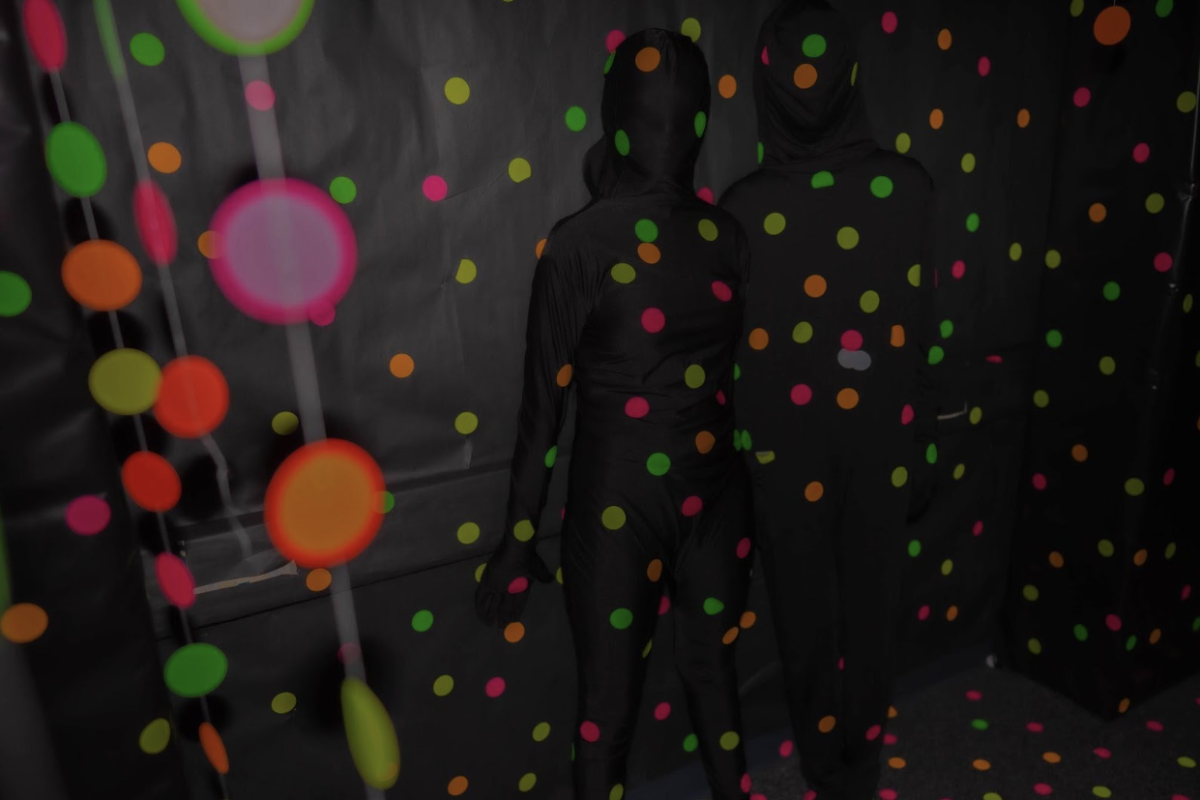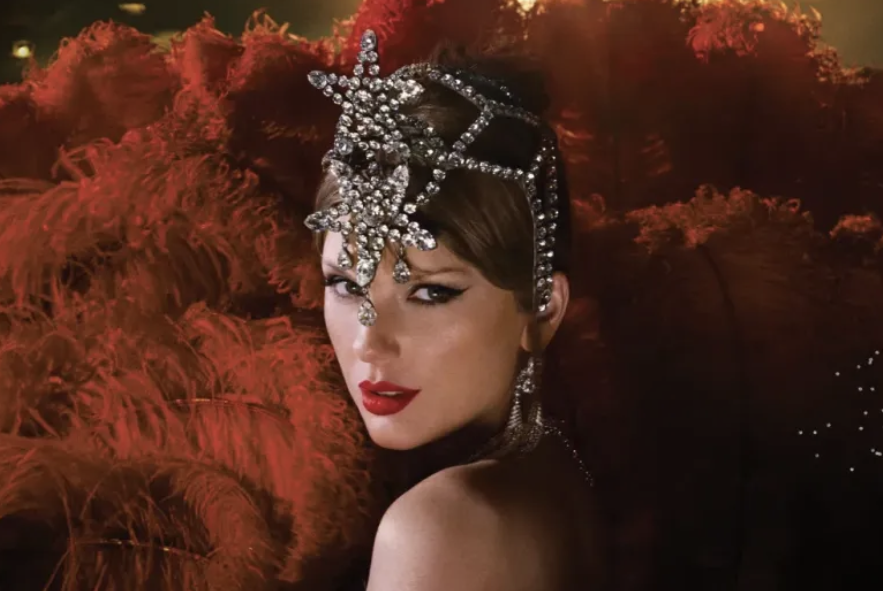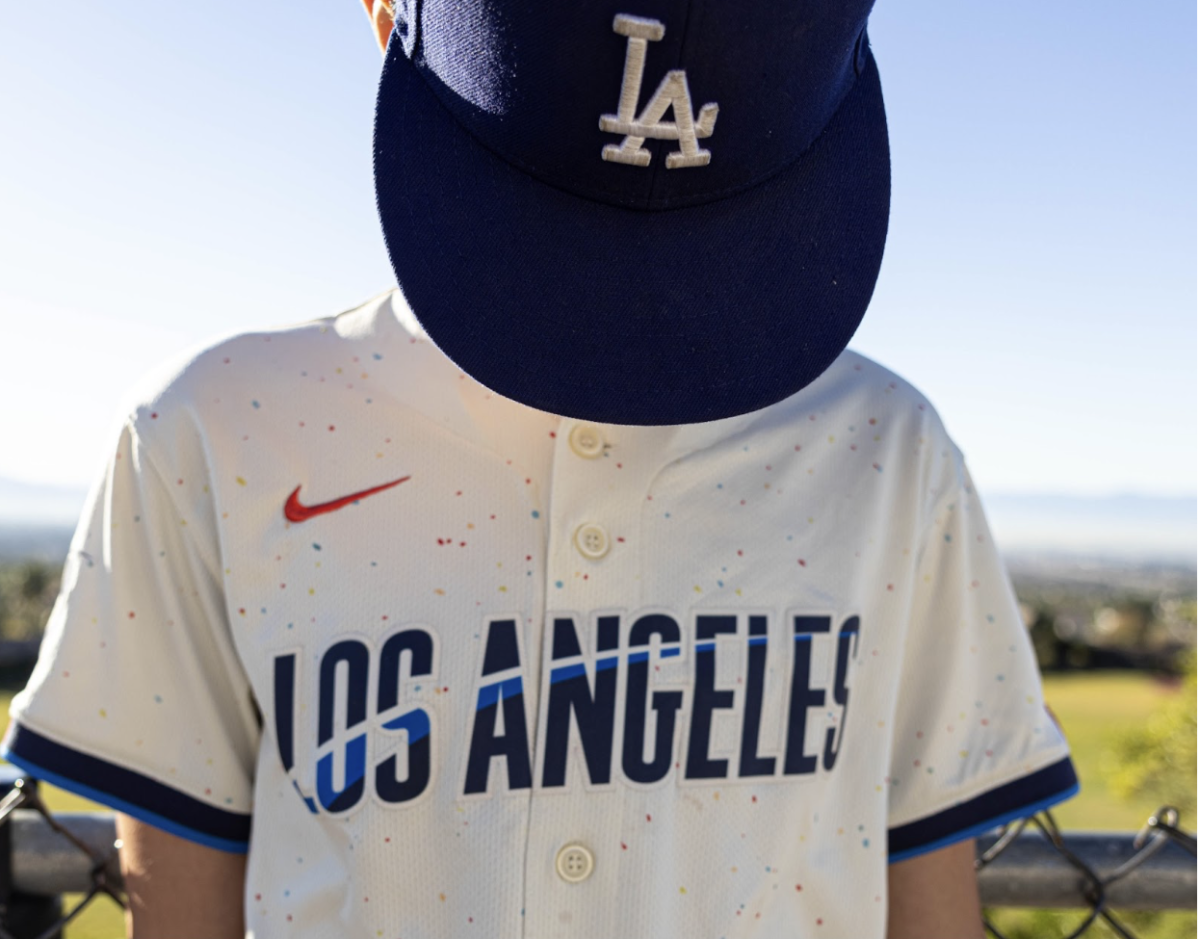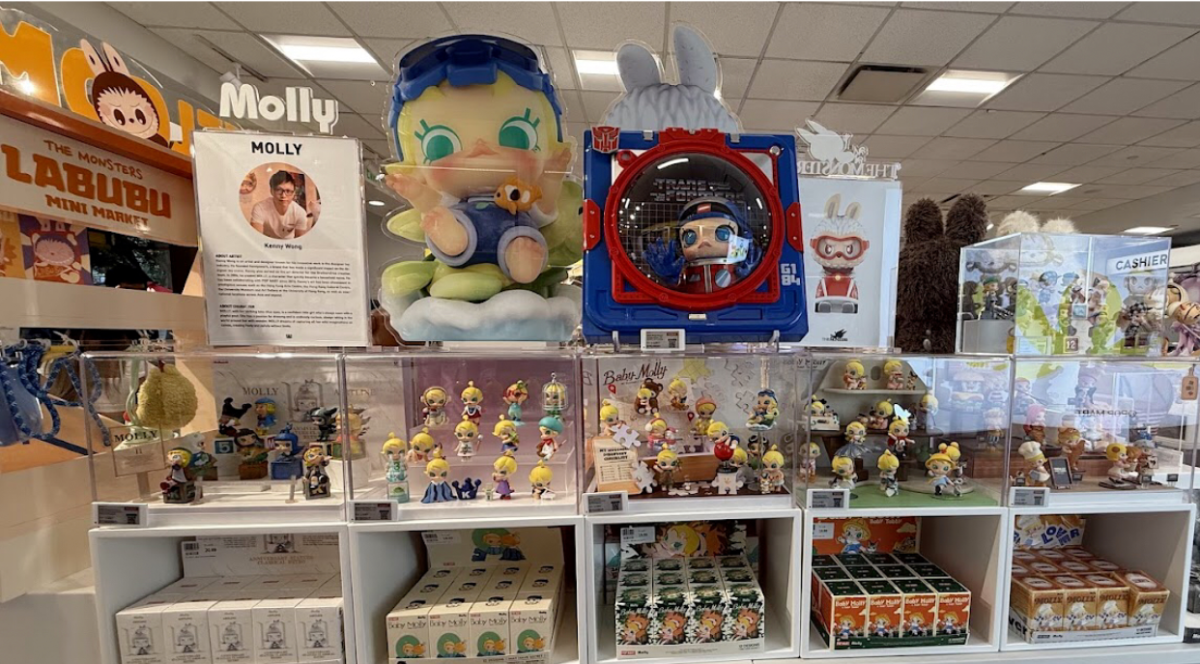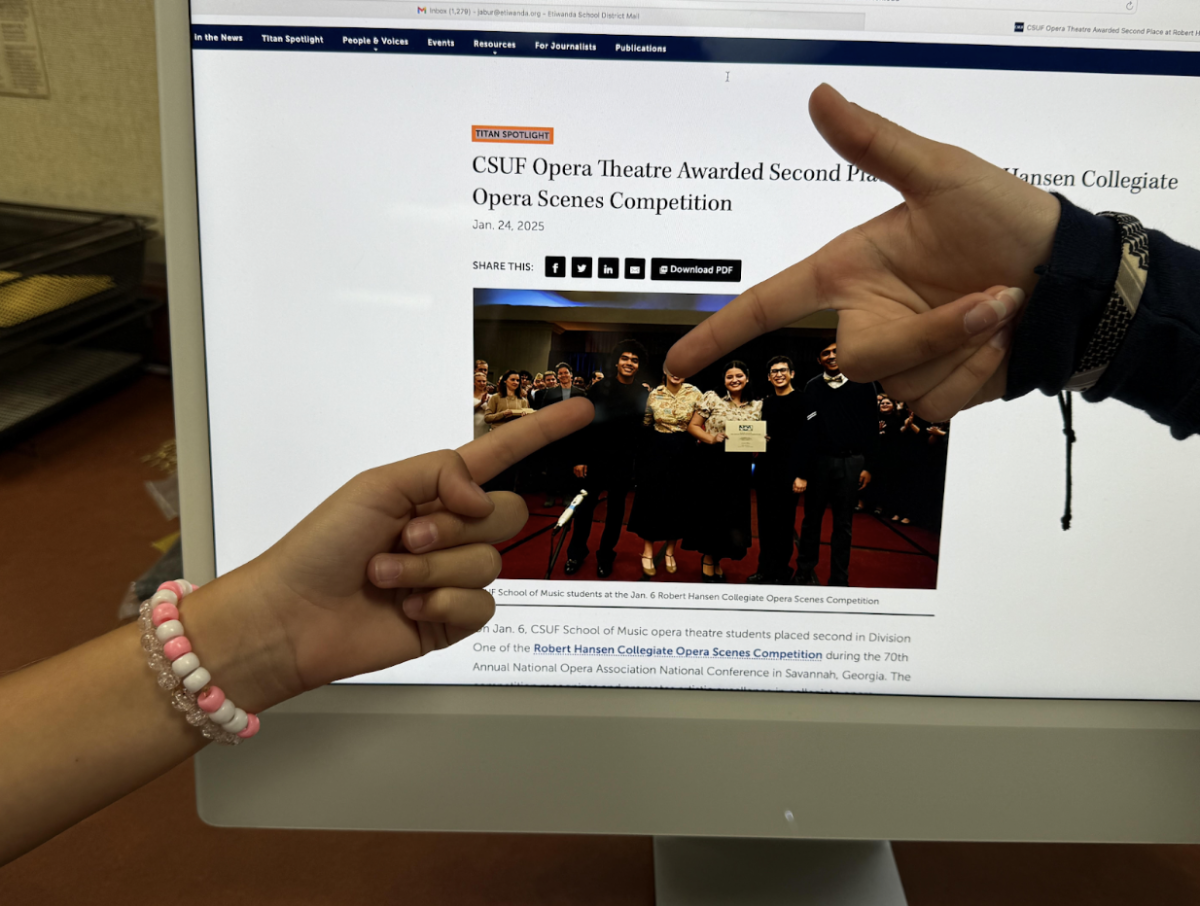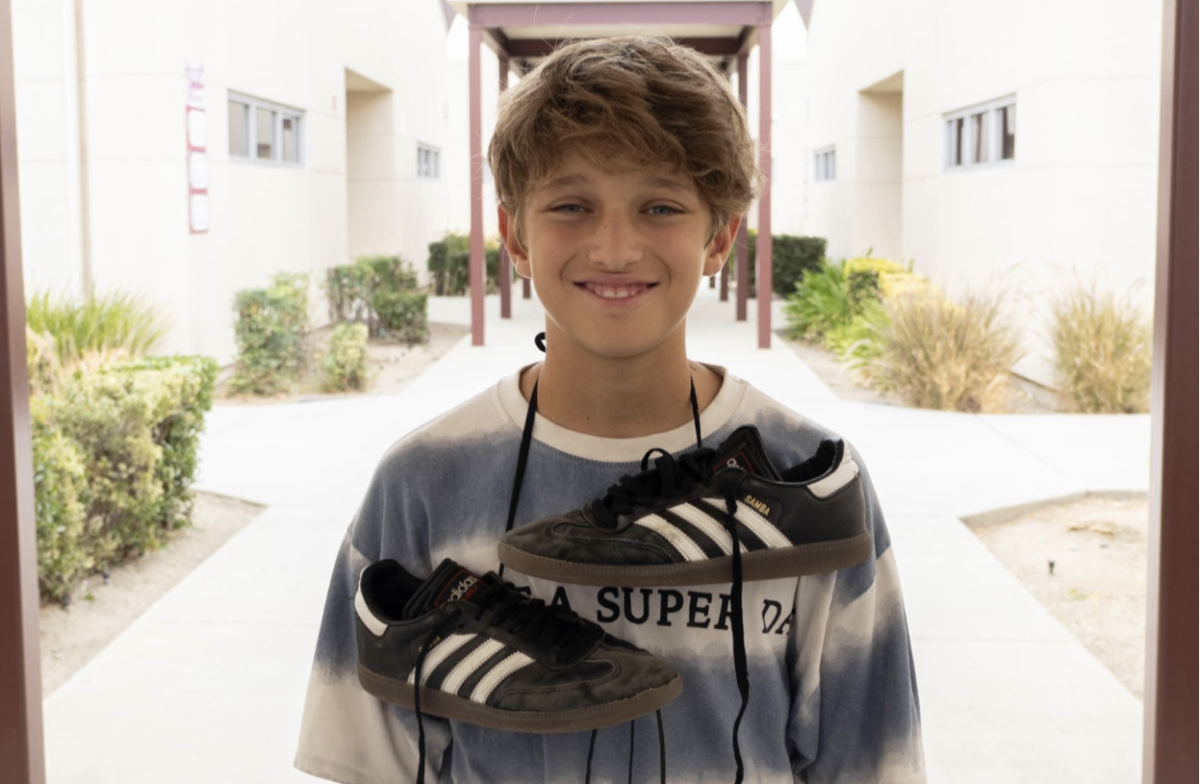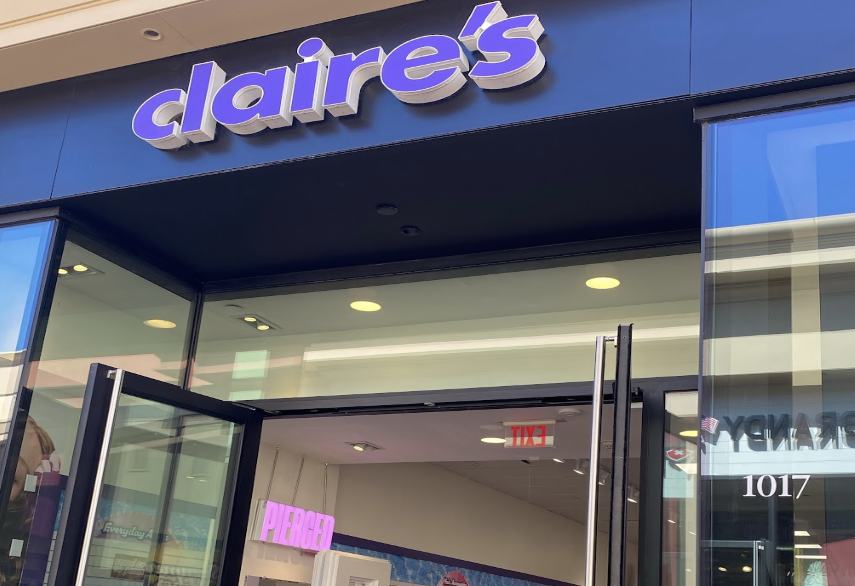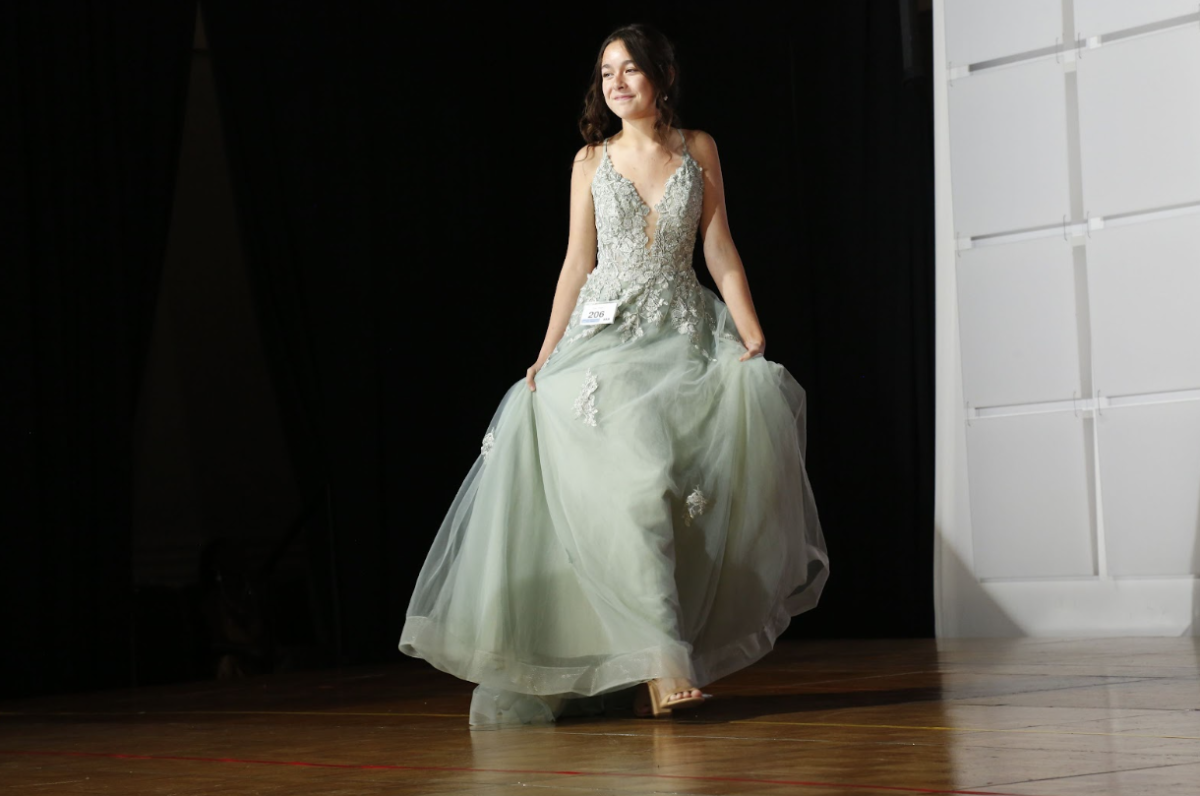When you watch anything, whether it’s a TV show or a play, all you see are the people onstage. But the arts are more than singing and dancing. When something’s wrong, the actors freak out and lose their composure. They’re onstage. So who runs around trying to fix the problem? The crew does.
What would the actors do without the crew? They’d just be a bunch of people talking on a stage. Meanwhile, the crew changes the sets, grab the props, control the mics and lighting, and more.
“Without the crew, the play would not happen. There’s so many things that happen in the play that need to be done by people other than the actors. You need [additional] people because it’s just too much for the actors to handle. Without the crew, the show would be a mess,” crew member Tahiya I. said.
Even though you might not see them, the crew is vital for any production. Without them, would the Darling children fly? Would Tinkerbell be anything more than a sound? Would Peter Pan fight pirates in Neverland?
“What the audience doesn’t see is that we’re moving stuff constantly. There’s time when people are able to relax, but that doesn’t mean someone’s not working and doing something. There are [always] props that are about to go out, boxes that need to be moved, and we have to make sure everybody has their costumes before the show actually starts. A lot of it is timing. With the pillars during the scene changes, we had to turn those and move a bunch of stuff in and out. A lot of people don’t see that because the point is that we’re not seen because they’re focusing on the actors and actresses,” Ella G. said.
Stage jitters go beyond the actors. Throughout the show, the crew holds its collective breath, fearing that something will go wrong.
“During the scene changes, everything’s happening at once, and everyone has to trust everyone else to do their jobs. And you also have to trust yourself to do your own job,” Eleanor Y. said.
While actors have to memorize lines and dances, the crew does their own heavy-lifting. Literally. They’re moving cumbersome set pieces including the dog house, flight blocks and the 70-pound dresser. With a maze of actors behind the curtain waiting for their cues, rearranging the stage is a macro game of Tetris.
“Everyone is in the way, and it is really tight back there. There were a lot of items you could trip on, and it was super dark. So you couldn’t really see anything [unless] you had a flashlight to look around – and people’s props were going missing,” said Olivia A.
In addition to rearranging the set within a cramped backstage, it rained throughout two of the performances. Half of the props couldn’t be outside, for fear they’d be damaged between scenes. Even with the tent above the doorway, it was impossible to move props in and out without everything and everyone getting soaked.
“Those shows were an issue because we normally put props on the outside stage, which is covered, but since the rain was pretty hard and it was windy, stuff was getting wet,” Ella G. said.
Though there were many challenges as a part of the crew, even though they’re sometimes lost in the process, they know how essential they were to the success of the production.
“We’re still a really important part because no matter what, the cast will always need the crew to operate the show. Paying attention to every cue on stage is tiring, but rewarding because you can tell that the audience enjoys the production. It’s nice to know that you played a part in the production and brought smiles to everyone’s faces,” said Eleanor Y.

